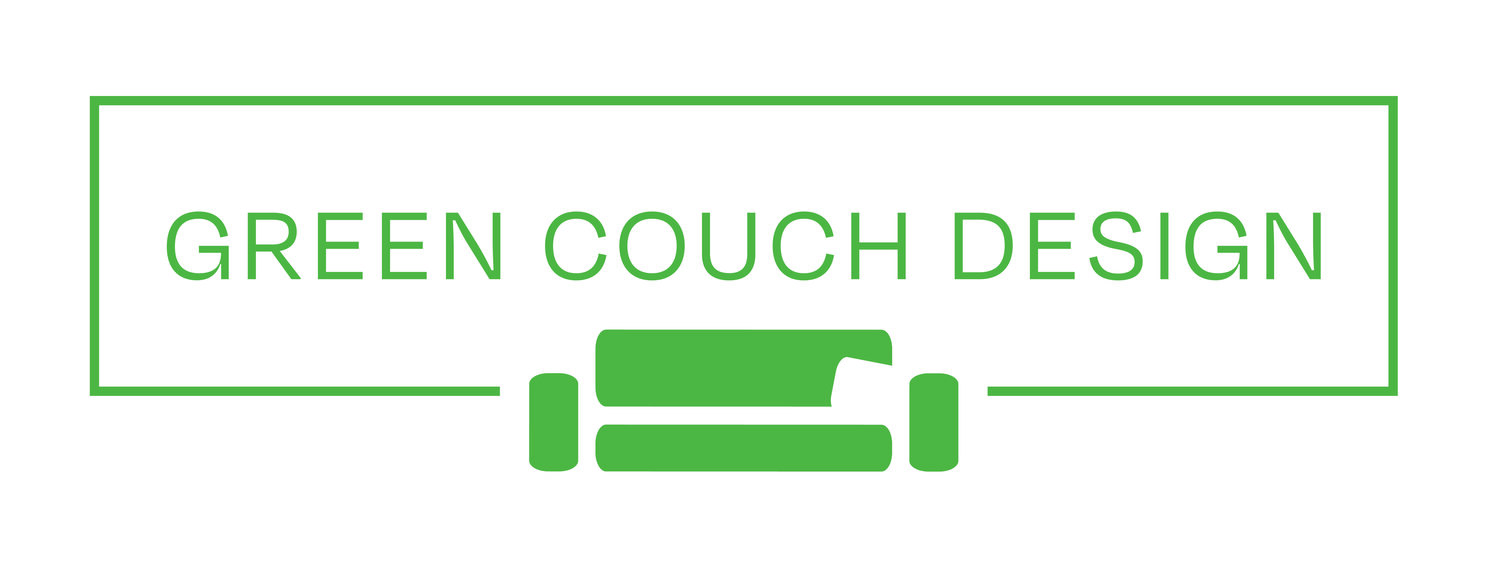The Downside of Building Super Sized Homes
These days, it seems like everyone's obsessed with building humongous homes that practically reach for the sky or take up a full lot. Everyone thinks bigger is better. But have you ever stopped to think about the not-so-great consequences of going overboard on size?
At first thought, a big house seems like a dream, right? Spacious closets, extra bedrooms, more storage space. Who doesn’t want those things.
Then you start to look at the cons in this scenario; there are some that immediately spring to mind; cost to build, and cost to maintain. But what about the other negatives? The resource waste and environmental and social factors? Going big doesn’t just affect you, it affects your community and the Earth.
Listen we have amazing clients who have “big” houses. Were not here to say anyone is “bad” or “good”, we just want to challenge your “why” before you go looking for more square feet. Building a colossal house “just because” can have serious impacts. Let's take a closer look and reconsider whether bigger really is best for you and your family.
Environmental Troubles
When we construct enormous homes, we're not just taking up a lot of space, we're also gobbling up a ton of resources in the process. Massive construction projects mean more energy usage, more waste, and more damage to our beautiful natural landscapes. Not to mention the massive energy bills needed to keep these mammoth homes comfortable.
We’re not doing Mother Earth any favors. At Green Couch our process considers the materials used to build your home, the process for construction, and the best energy efficiencies for site. Solar and other renewable resources can be very effective and show powerful impact when applied to smaller more efficient structures.
Financial Stress
Have you thought about the cost of building and maintaining a larger house? It’s not cheap.
As the square footage goes up, so does the price tag. People end up taking out massive mortgages and loans, draining their bank accounts just to keep up with the Jones’s. And let's not forget about the hefty property taxes, utility bills that could bankrupt you, and the constant need for repairs and maintenance. If you are not prepared it can be a never-ending drain on your wallet.
At Green Couch we never want to design something you can’t afford to build (or maintain). We want you to have your dream home AND be able to go on that dream vacation. That’s why we bring our vetted contractors in early on throughout the design process. We have honest conversations from the start so that budget expectations are clear. By prioritizing your wants vs. needs we set a foundation for what’s most important and budget engineer the rest.
Social Strains
All those super-sized homes are making housing affordability a major headache. As developers focus on building these colossal mansions, the availability of smaller, more affordable homes dwindles. Prices skyrocket, pushing first-time buyers and lower-income families out of the picture. It's a recipe for deepening the divide between the haves and the have-nots. And these enormous houses tend to isolate people.
When your home is a fortress, it's not easy to connect with your neighbors and build a real sense of community.
Bye-Bye Communal Vibes
You know what happens when we prioritize personal space above everything else? We lose that warm, fuzzy feeling of community. Huge yards and sprawling floor plans create physical barriers, turning neighborhoods into a bunch of individual islands. It's harder to make friends and form bonds with your neighbors when you're all holed up in your massive home. Building a strong sense of community and support becomes a distant dream.
While for everyone that may not seem like a con or downside, in the long run, we need community. Big or small, at Green Couch, we believe that starts with place making. And good architecture will help you get there!
Urban Chaos and Infrastructure Woes
Think about the impact of these mega-homes have on our cities. As developers snatch up large plots of land on the outskirts, urban sprawl takes hold. Suddenly, we're dealing with longer commutes, traffic congestion, and overstretched infrastructure. The burden of expanding utilities, transportation networks, and public services falls on the shoulders of taxpayers and local governments.
When we slow down and look at how we build, what we need and the why behind it all, we can develop homes that give you everything you need, on normal or even small sized lots. That’s what our process is made for, a home that fits you perfectly.
Hey, we get it. Having a big, fancy house sounds like a dream come true. But let's not overlook the downsides of building monstrous homes. It's time to rethink our priorities and consider the wider implications. We need housing that's sustainable, affordable, and fosters a sense of community. Smart design, smaller footprints, and conscious consumption should be our new BFFs. By finding that sweet spot between comfort, aesthetics, and social responsibility, we can create homes that make everyone happier – and not just the homeowners. It's time to go against the grain and build a brighter, more balanced future for ourselves and future generations.
If you’re interested in learning more, here are a few of our favorite books on this topic:
At Green Couch Design, we believe in homes that grow with you and work for you, not against you. Leaving behind a lasting legacy that can benefit everyone. So whether you're building new, renovating, or just need a little help with some updates to your dream home, we’re here with you in the process.
About Author Cale Lopp
Cale is a Co-Owner and Principal Architect at Green Couch Design, a boutique architecture firm located in Oklahoma. He writes about architecture, construction, development, leasing, homesteading, place-making, business ownership, and dose of nerdom when it’s appropriate.





